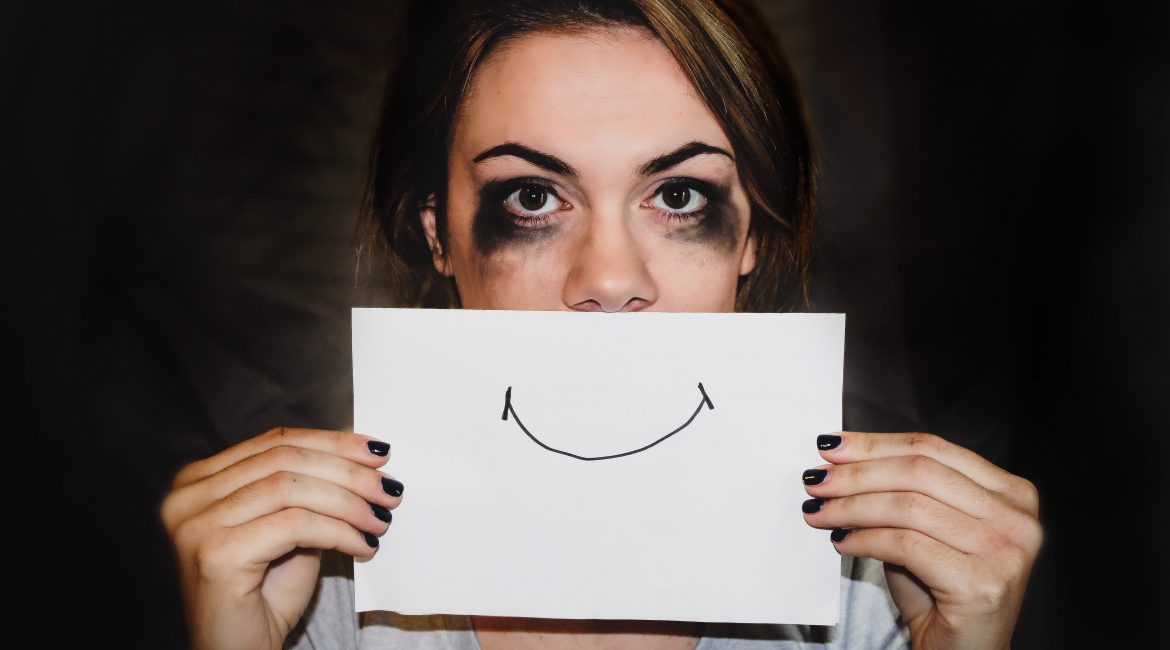There’s a lot of anger, despair and fear in this crazy world. Just watch the TV and you’ll not only understand what I mean, you may end up depressed. While you can’t solve all the problems of the world, how about starting with your own mental health. Start exercising. Exercise helps with mental health in a number of ways. It can boost your cognitive functioning and burn off the hormones of stress.
Workout hard and you’ll feel better after the workout.
As noted before, working out can boost your cognitive functioning, but it also can improve your mood. If you have that gut wrenching anger or feeling of stress, rather than holding it in, just start lifting, doing calisthenics or running. All those actions burn off the hormones of stress that give you that sinking feeling in the pit of your stomach. When you’re under stress, the fight or flight hormones make changes in your body and if they’re not burned off by either actions that resemble fighting or fleeing, you’ll get angry easier, feel depressed or get anxious.
Exercise increases oxygen and nutrients to the brain.
Exercise increases your mental function because it increases circulation. Many studies are showing that exercise can help reduce the potential for cognitive decline and dementia. In fact, studies show that it can help improve neurogenesis—the formation of new brain cells. It improves the hippocampus—the part of the brain responsible for memory. It also improves overall brain performance.
Getting adequate sleep can help improve your mood.
What do sleep and exercise have to do with each other? When you exercise, you sleep sounder and get better quality sleep. Sleep is the time the brain reorganizes, repairs itself and cleans out the waste that accumulated during the day. During sleep, the open areas between neurons widen by 60%, which allows lymphatic fluid to flow into those areas and clear them quickly. Sound sleep helps prevent mental decline.
- Mental health professionals often use exercise as an adjunct therapy instead of using drugs. It’s commonly used as the first line of defense for both depression and anxiety. It makes you feel good and makes you healthier in the process with no side effects except a better body.
- If you exercise, you’ll look better. Exercise can improve your self-image and confidence. Your posture will improve and that makes you look and feel more confident.
- Improved blood flow to the brain, increase both the oxygen and nutrient supply. That stimulates the body to create neurohormones that affect many functions. One of those is to improve your mood.
- If you can’t stop everything and exercise when you’re stressed, find a way to increase your activity. Have you ever noticed how people pace when they’re in a stressful situation? Just moving your feet or body can help burn the hormones of stress.
For more information, contact us today at Targeted Nutrition Technologies

